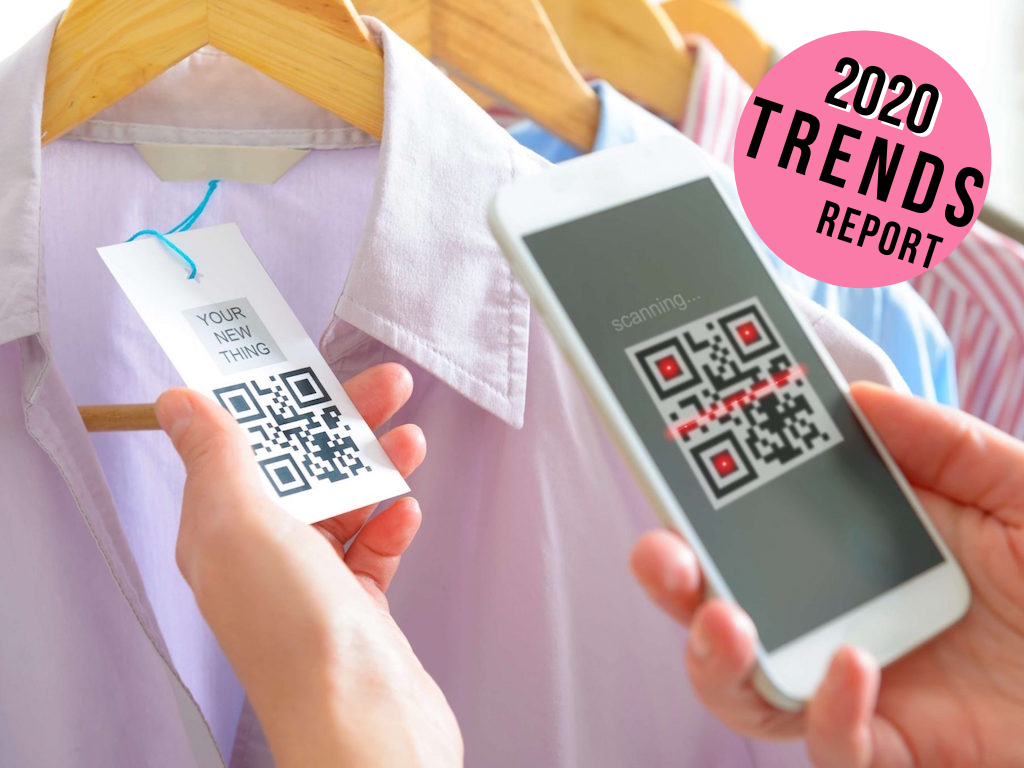2 Mins Read
We have already seen consumers turn their attention to what products are made out of, and by which processes – but what happens to it afterwards will become a major concern for 2020. We predict that more shoppers will be asking questions along the lines of: Can I responsibly dispose of this product? What will happen to it when I do? Will I be able to find out where it ends up? Can I see the kind of impact it leaves behind?
This will mean that across all industries, brands will have to take into consideration product afterlife and incorporate these sustainability concerns into their product design, supply chain, manufacturing, retail, and packaging- in fact we’re predicting a huge resurgence in the technique of Life-Cycle Analysis (LCA). Companies will need to look into everything from post-consumer recycling availability to biodegradability, eco-friendliness, bioavailability, ethics and recycled content of every ingredient or material used.
Companies will have to employ and provide solutions to consumers, whether it is giving them the option of refill or return containers or partnering up with innovative companies that will help give these valuable resources a new life through upcycling, recycling or repurposing.
A core part of LCA is traceability. Especially in Asia, supply chains remain incredibly opaque and quality of control systems, distribution history and end of life data has been shrouded in obscurity with no real way to ascertain where something is made and from what beyond labels and ledgers, both of which can be easily counterfeited.
We predict that more and more brands will turn to blockchain solutions to offer consumers quantifiable data on product afterlife. While this is not a new innovation – we have already seen resale labels like LUXARITY collaborate with blockchain platform Lablaco to give consumers an idea of where preloved garments have been, and skincare brand Kinship launch traceable ocean waste packaging, the use of blockchain for supply chain traceability is still in its infancy. We expect this to become much more widespread, with brands able to show consumers the end of a product’s life cycle, from which recycling facility a plastic bottle ends up in, to which brand’s jeans that recycled fabrics are spun into.
Brands that don’t get ahead of this will suffer, both by losing customers and because of upcoming regulation around end-of-life disposal of materials and products, which we also predict will become more prevalent.
Lead image courtesy of 123rf Photos.




